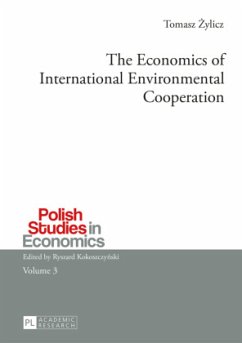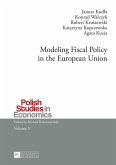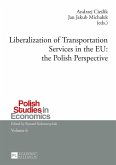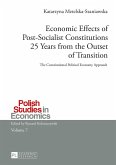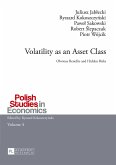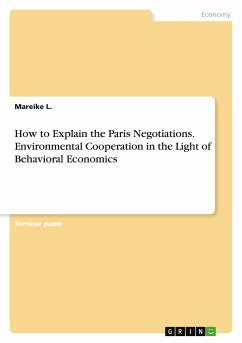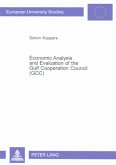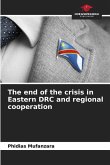The Economics of International Environmental Cooperation looks at environmental issues calling for international cooperation, such as river management, transboundary air pollution and climate. It analyses methods used to reduce free-riding in protecting the commons and discusses agreements considered successful - such as the Montreal Protocol - and others that are less effective. In the absence of a supranational authority to enforce solutions in the interest of larger regions, voluntary agreements need to be negotiated by independent agents. They should pass not only aggregate cost-benefit tests, but they have to meet additional criteria in order to win the support of those who cooperate. The book analyses different agreements and draws policy conclusions.
Bitte wählen Sie Ihr Anliegen aus.
Rechnungen
Retourenschein anfordern
Bestellstatus
Storno

